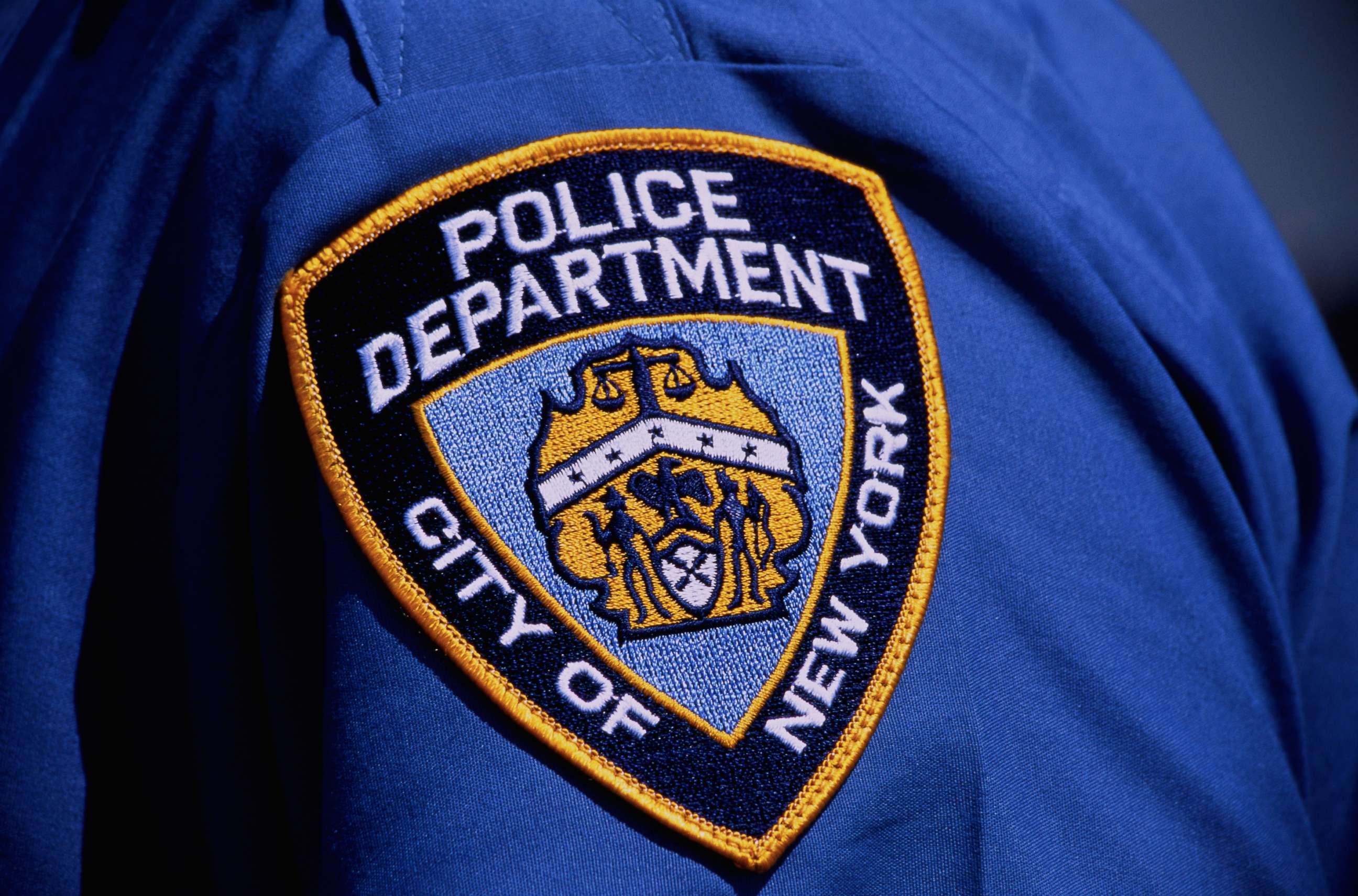'We are hurting': New York City police officer dies from apparent suicide, 9th this year
Mayor and police commission encourage officers to seek help.
For the ninth time this year, a New York City police officer has died by suicide, two police officials confirmed to ABC News.
The officer, who was not immediately identified, fatally shot himself in Queens on Wednesday, just a day after another NYPD officer died by suicide in Yonkers.
"It has been a tough year,” NYPD Chief of Detectives Dermot Shea said at police headquarters Thursday.
"This is not unique to law enforcement but for us, we are hurting right now," he said. "We’re all feeling it and we’re all trying as best as we can to come up with initiatives to do more."
The Queens death marks the ninth NYPD suicide this year. Four NYPD officers died from suicide in June, one died in July and two others took their lives earlier this year.
Law enforcement advocates say the disturbing problem is visible nationwide.
More police officers have died by suicide this year so far than in the line of duty (27 as of Aug. 1), statistics compiled by advocates show. Blue H.E.L.P., a nonprofit organization that tracks officer suicides, found that 122 officers killed themselves this year. The group goes through the painstaking process of calling each family to verify the deaths because no comprehensive government database exists.

Chuck Wexler, the executive director of the Police Executive Research Forum, an independent research organization, said officer suicide is "the number one issue for police departments around the country."
After an off-duty NYPD officer died by suicide at his Staten Island home in July, NYPD Commissioner James O'Neill said the department was in the throes of a "mental health crisis."
"It's alright to come ask us, or even go outside the agency," NYPD Chief of Department Terence Monahan told public radio station WNYC-FM on Tuesday. "If you are feeling that dark moment, get the help."
Monahan said the department is bringing in outside resources to work with officers. He told WNYC-FM the department is also "looking to get peer counselors so cops at each level, if you are in crisis, you can go talk to someone at your level that will have the training."
"We will look into each and every suicide to determine what was driving [it]," Monahan vowed. "There are stresses of the job, complicated by stresses you have in your own personal life, and compounded by the fact you have a firearm on your hip."
Both O'Neill and New York City Mayor Bill de Blasio also implored the more than 30,000 police officers on the force to seek help if they are experiencing depression.
I want to say as loudly and clearly as I can: it is okay to ask for help.
"To every member of the NYPD, please know this: it is okay to feel vulnerable. It is okay if you are facing struggles. And it is okay to seek help from others," O'Neill said. "You may not know this, and it may be hard to imagine, but you are not out there all by yourself. More people than you know, who wear the same uniform as you do, share the same doubts and fears and struggles that you do. Seeking help is strength. Talking about your problems is strength. Acknowledging you need a place to turn is strength. There is no shame here — only a promise to provide you with the help and support you need and deserve."
De Blasio echoed O'Neill's statement.
“I want to say as loudly and clearly as I can: it is okay to ask for help," de Blasio said. "If you or a loved one is in need, ask. Your whole city stands in support of you ready to answer the call.”
A recent white paper commissioned by the Ruderman Family Foundation, a philanthropic organization, found that police officers and firefighters are more likely to die by suicide than in the line of duty.
In 2017, there were at least 103 firefighter suicides and 140 police officer suicides nationwide, researchers said. In contrast, 93 firefighters and 129 police officers died in the line of duty.
"Police officers experience trauma on a regular basis -- not just what is on the front line of nightly news," Miriam Heyman, a researcher with the Ruderman Family Foundation, told ABC News in April.
If you or someone you know has talked about contemplating suicide, call the National Suicide Prevention Lifeline at 1-800-273-8255, or use the online Lifeline Crisis Chat, both available 24 hours a day, seven days a week.
ABC News' Karma Allen and Luke Barr contributed to this report.




